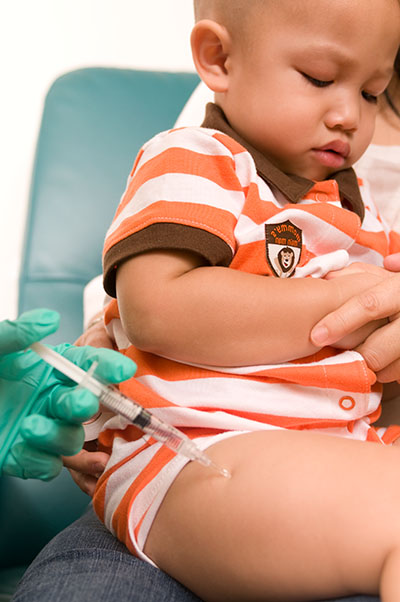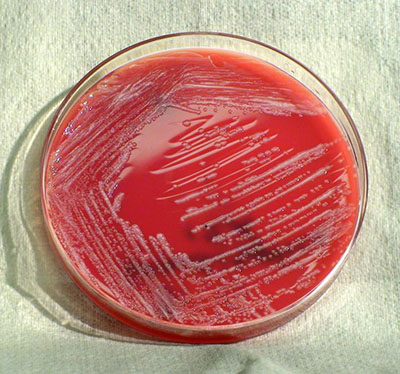Pertussis is a respiratory disease caused by the bacterium Bordetella pertussis. It is airborne, highly contagious, and responsible for an annual 18 million illnesses and 250,000 deaths worldwide. Globally, pertussis remains one of the leading causes of death for children under 5 years old. In the United States, the annual number of pertussis cases has been increasing since the early 1980s. Despite high vaccine coverage, the U.S. has reported an average of 25,000 diagnosed cases per year from 2010-2019. This is a level unseen since the early 1960s.
Prompt diagnosis of early pertussis is critical for minimizing the extent and economic burden of pertussis outbreaks. Specifically, timely contact tracing and deployment of prophylactic antibiotics to high-risk close contacts depends on the swift diagnosis of pertussis cases. Rapid diagnosis of pertussis also facilitates antibiotic stewardship and optimal patient care by enabling the immediate initiation of antibiotic therapy to infected individuals and by preventing unnecessary antibiotic administration to uninfected individuals.
Diagnostic challenges
Diagnosis of pertussis is challenging because its early symptoms (during the contagious catarrhal stage, prior to paroxysmal cough) overlap with other respiratory diseases. This is similar to the clinical diagnostic challenge of COVID-19. The COVID-19 pandemic has illustrated the critical public health importance of accessible, rapid diagnostics for controlling the spread of highly transmissible respiratory diseases, a category that includes pertussis. Consequently, as happened with COVID-19, there is a critical need to develop improved pertussis diagnostics to enable prompt, appropriate patient treatment as well as to limit needless community transmission.
Pertussis is currently diagnosed by molecular approaches (e.g. PCR), culture, or serology (e.g. tests for patient antibodies). All of these approaches have limitations. Pertussis serology testing cannot be performed on infants and children who have been recently vaccinated. Culture requires waiting 5-7 days for bacterial colonies to grow. Molecular testing is expensive, requires specialized equipment and/or operator expertise, and frequently has a real-world turnaround time of 1-3 days from sample collection to result.
DxDiscovery solution
To address the unmet clinical need for rapid diagnosis of pertussis at the point of care, we have developed a lateral flow immunoassay (similar in format to rapid COVID-19 tests) that can detect B. pertussis bacteria from nasopharyngeal specimens (i.e. swabs and washes). The assay provides results in less than 20min and is designed to be simple and robust enough to be used not only in hospital emergency department settings, but also at the point-of-care in urgent care clinics, pediatrician offices, and clinics in resource-limited settings.
Market opportunity
The target population will be patients who present with symptoms of suspected pertussis. The serviceable available market is conservatively estimated at approximately 500,000 tests per year in the United States and over 2 million tests per year internationally.
R&D funding
DxDiscovery was awarded Small Business Innovation Research (SBIR) Phase I and Phase II grants from the National Institute of Allergy and Infectious Diseases (NIAID) for development of the pertussis rapid test. The scientific milestones for these grants were met, and a Phase IIB grant has been awarded.
For more information, please contact us: ContactUs@DxDiscovery.com


